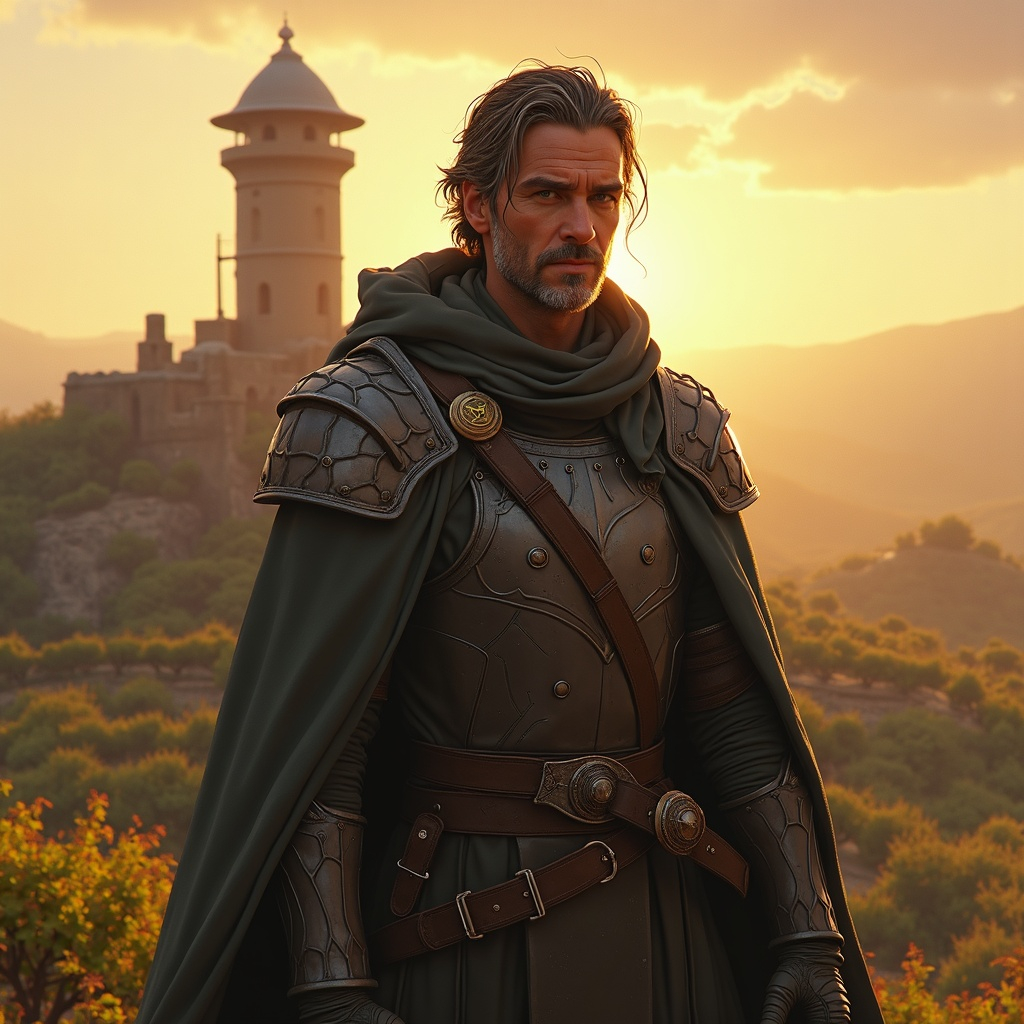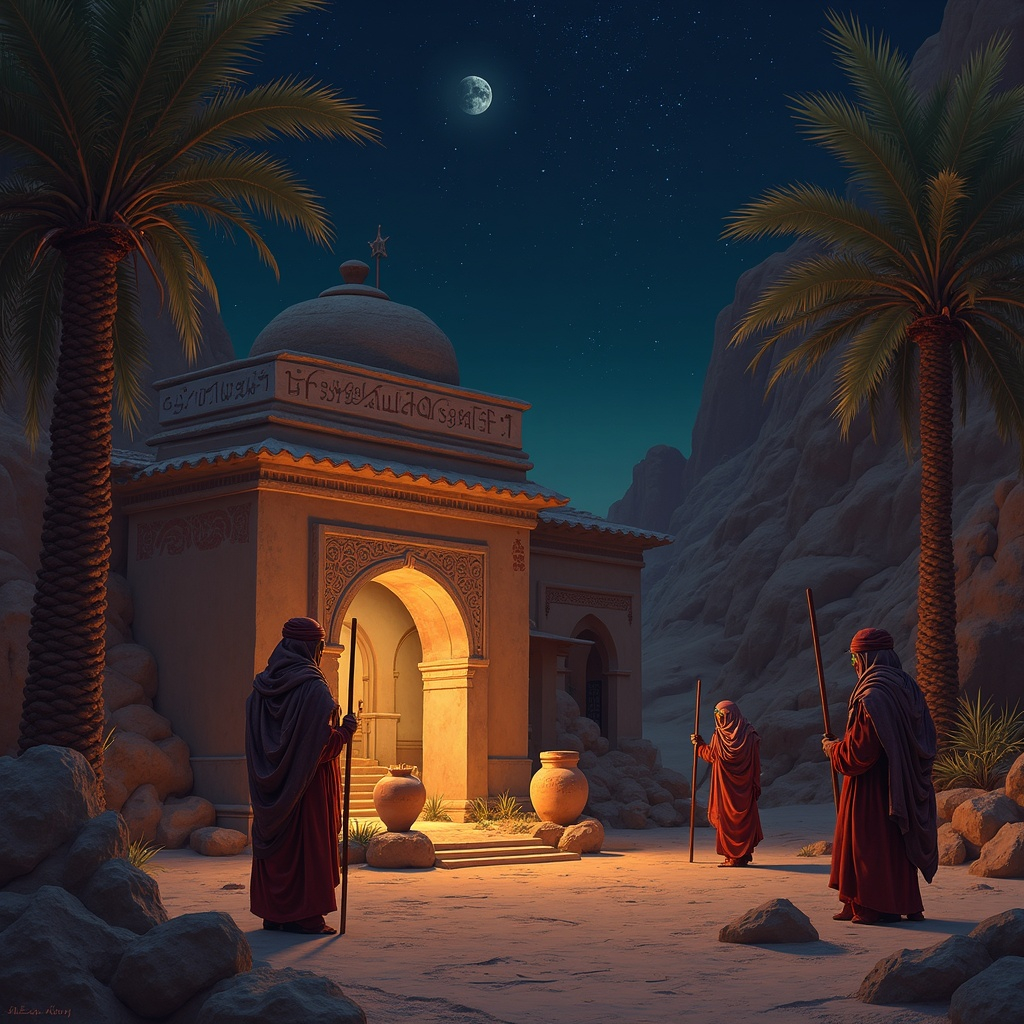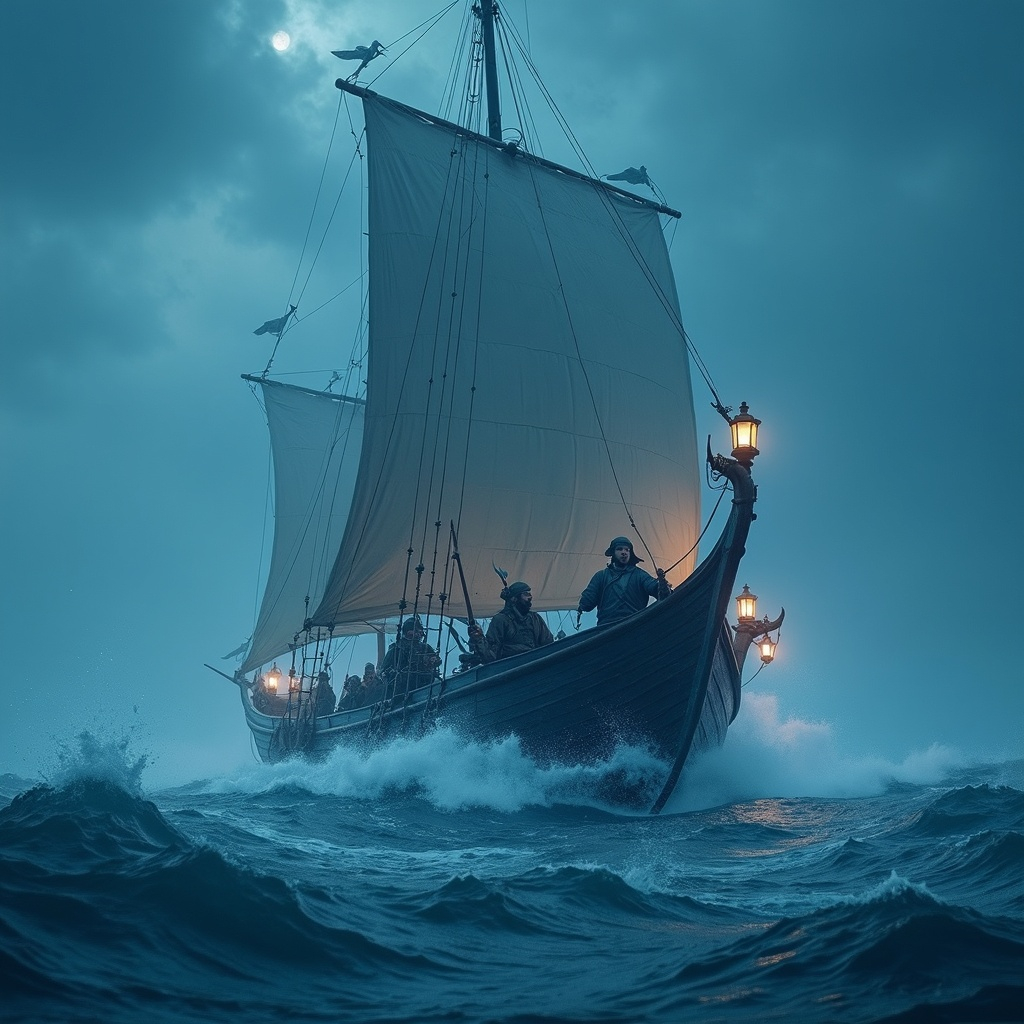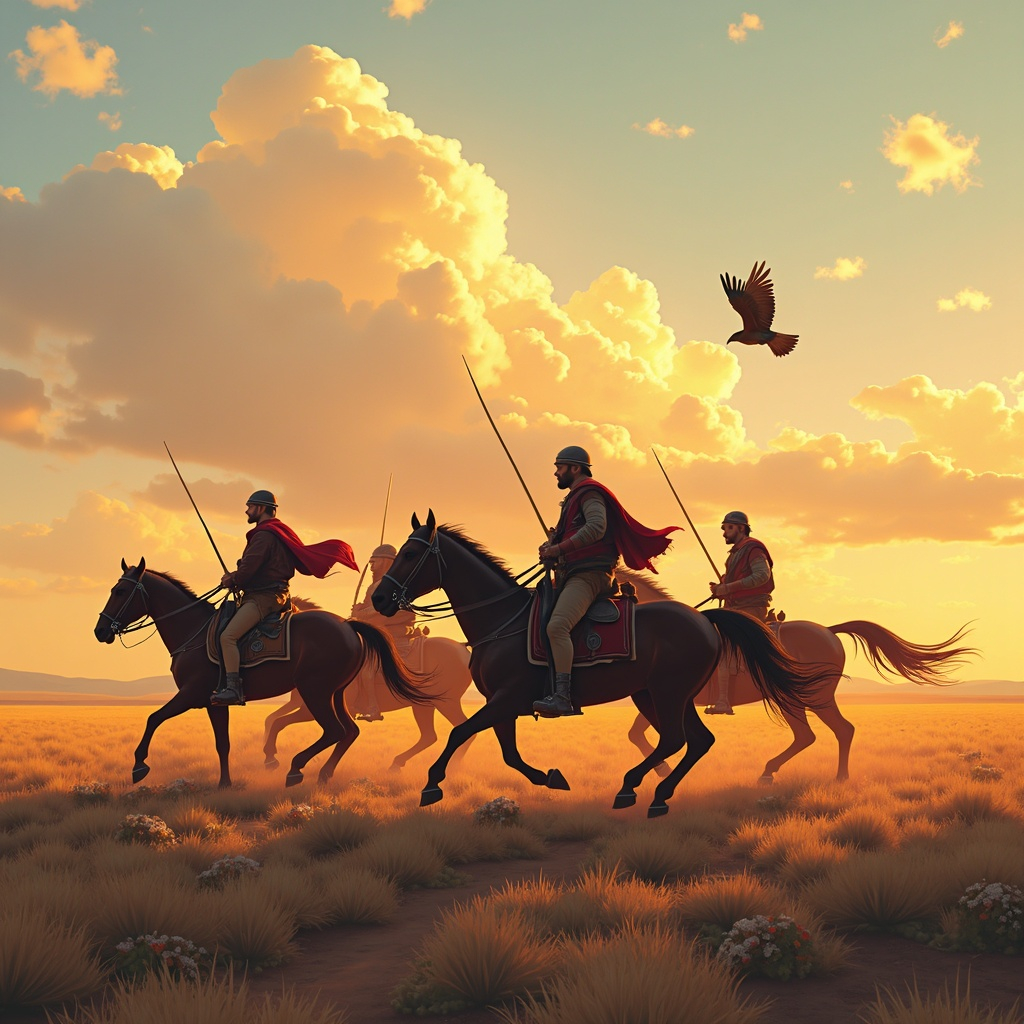Overview
Humans have become inseparable from the history of Skazka, their story unfolding alongside the realm’s own evolution. They are now the most numerous of the surface-dwelling peoples, not defined by a single culture but by a vast collection of traditions and identities shaped by the landscapes they inhabit. Humanity’s defining trait has always been adaptability, and it is this quality that has allowed them to endure and flourish across the deserts, mountains, seas, and plains of Kelos. Yet, this very flexibility is a double-edged sword—granting them resilience but also leading them down dangerous and often divisive paths.
Though varied in culture, humanity’s motivations often circle around survival, honor, and legacy. The Kaijistani nomads seek not wealth or conquest, but preservation of the sacred waters that sustain their desert lives. For the Horse Lords, freedom itself is the ultimate desire, pursued through mastery of the plains and resistance to permanence. The tribes of Mount Echo live for their god’s awakening, their faith demanding sacrifices both brutal and absolute. Caratanians pursue order and vigilance, driven by a conviction that their mission is divine and eternal, while their vineyards provide the prosperity needed to sustain that mission. The Sken, tied to the sea, desire glory and sustenance in equal measure, raiding as both survival tactic and cultural expression of their belief that the ocean rewards the bold. In all their forms, human desires balance between necessity and ambition, shaping societies that can be both deeply noble and terrifyingly ruthless.
Among the peoples of Skazka, humans are both everywhere and nowhere fully unified. Their adaptability has ensured their dominance across the continent, yet it has also fractured them into countless societies with conflicting priorities. Some, like the Caratanians, have built structured kingdoms that interact with other nations through trade, diplomacy, and military might. Others, such as the Horse Lords and the Kaijistani nomads, resection more insular, bound to their lands and ways of life, often clashing with outsiders while occasionally offering knowledge and trade. The Mount Echo tribes, however, stand apart, their violent rituals and unyielding faith leaving little room for peaceful coexistence. Meanwhile, the Sken straddle the line between menace and necessity, their raids feared but their seafaring knowledge indispensable. Taken together, humanity’s role in society is paradoxical: they are the backbone of Skazka’s civilizations and, at the same time, a constant reminder of the chaos that adaptability can breed.



